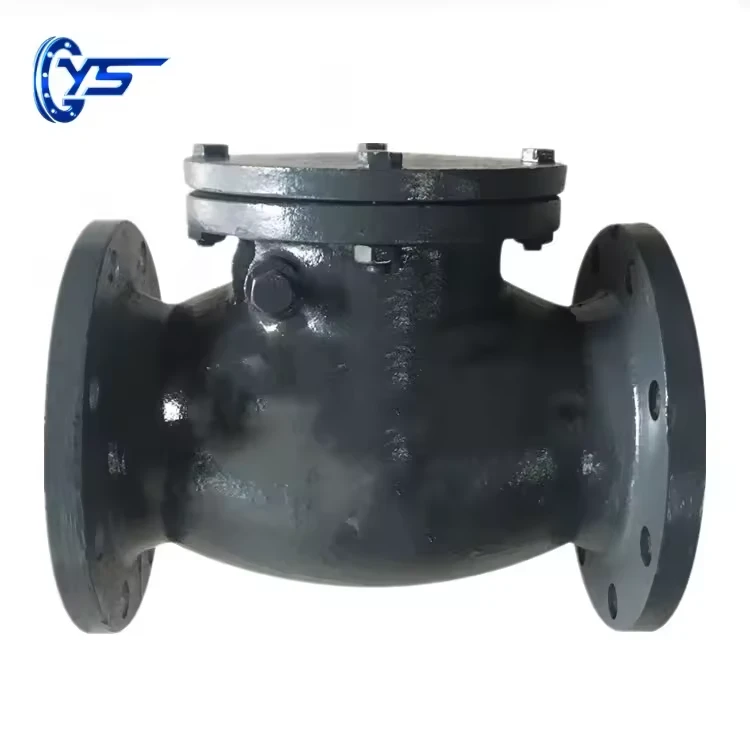High-Pressure Needle Valve Applications in Industrial Fluid Control Systems
Understanding High Pressure Needle Valves Their Role and Applications
High pressure needle valves are essential components in various industrial applications, where precise flow control is critical. These valves are designed to manage and regulate fluid flow under high-pressure conditions, which makes them indispensable in sectors like oil and gas, chemical processing, and power generation.
Construction and Operation
A high pressure needle valve features a tapered needle-like plunger that fits into a matching seat. As the needle is turned, it moves up and down to open or close the passageway for fluid. This design allows for very fine adjustments in flow, providing enhanced control compared to standard valves. The construction materials typically include stainless steel, brass, or other alloys capable of withstanding high-pressure environments while resisting corrosion.
One of the key benefits of needle valves is their ability to control flow rates with precision. The small adjustments in the position of the needle can significantly alter the flow rate, which is crucial for experiments in laboratory settings or critical processes in industrial applications. The ability to make minute adjustments helps prevent fluid turbulence, ensuring consistent and stable flow.
Applications
High pressure needle valves are utilized in various industries. In the oil and gas sector, they are vital for controlling the flow of hydrocarbons through pipelines and equipment. They are often used in wellheads and upstream processing plants, where managing pressure is crucial for safety and operational efficiency.
high pressure needle valve

In chemical processing, these valves are employed in reactors and other systems where the precise addition of chemicals is essential. The high pressure and potential toxicity of the substances involved require robust and reliable valves that can handle such conditions.
Additionally, in the power generation industry, needle valves are used in steam and water systems, where they control the flow of fluids essential for energy generation. Their ability to maintain stability in fluctuating pressure conditions makes them suitable for such critical applications.
Advantages
The advantages of high pressure needle valves extend beyond their precision. Their design allows them to handle a wide range of pressures and temperatures, making them versatile for various applications. The compact size of needle valves also enables easy installation in confined spaces, which is often necessary in complex piping systems.
Moreover, their durability and reliability under harsh conditions often result in lower maintenance costs over time. With a proper understanding of the operating environment and appropriate selection of materials, high pressure needle valves can provide years of service with minimal issues.
Conclusion
In summary, high pressure needle valves are vital instruments for effective flow control in numerous industries. Their unique construction allows for precise regulation of fluids under high-pressure conditions, making them integral to processes that require accuracy and reliability. As industries continue to evolve, the role of these valves remains critical, ensuring efficient operations and contributing to the safety and effectiveness of various applications. With ongoing advancements in valve technology, high pressure needle valves will continue to play a significant role in the future of industrial operations.
-
The Key to Fluid Control: Exploring the Advantages of Ball Valves in Industrial SystemsNewsJul.09,2025
-
The Versatile World of 1, 2, and 3 Piece Ball ValvesNewsJul.09,2025
-
Stainless Steel Ball Valves: The Ideal Choice for Efficient Flow ControlNewsJul.09,2025
-
Optimizing Fluid Control with Ball Float ValvesNewsJul.09,2025
-
Manual Gate Valves: Essential for Control and EfficiencyNewsJul.09,2025
-
Everything You Need to Know About Butterfly ValvesNewsJul.09,2025
-
The Versatility of Wafer Type Butterfly ValvesNewsJul.08,2025




